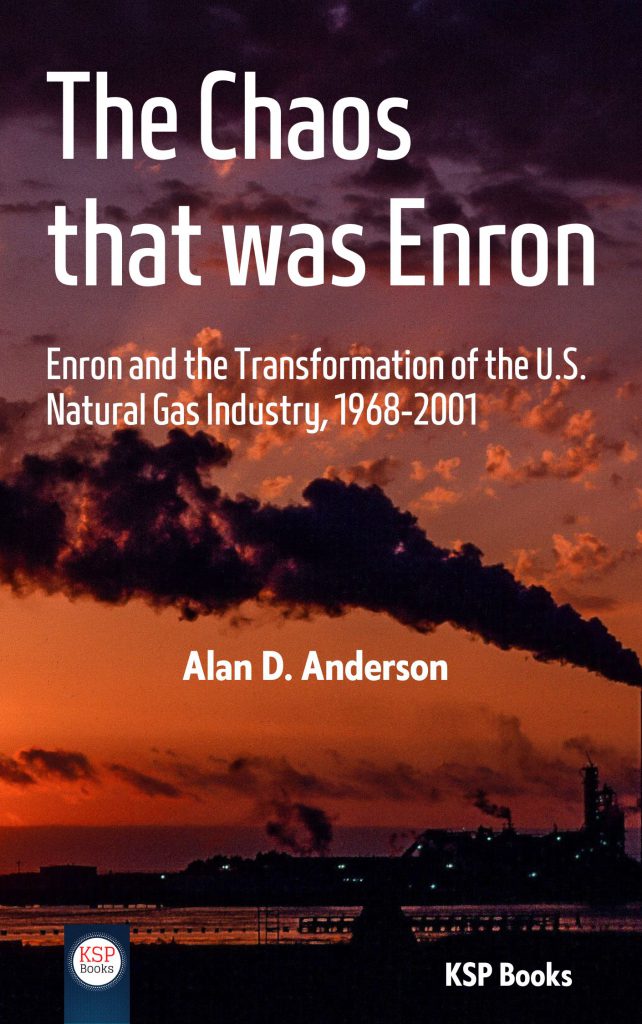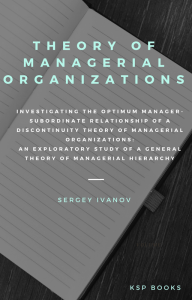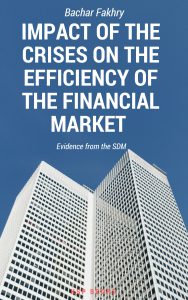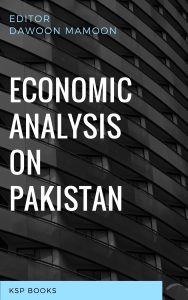Synopsis
The collapse of Enron in 2001 was due not as much to perfidy as it was to a deeply flawed business plan. Enron and its predecessors had participated in, and to some extent drove, the restructuring of the natural gas industry. For years, natural gas production, transportation and consumption had been a stable, highly regulated business. That stability collapsed in the 1970s and a new commodity-based industry emerged. In that process Enron grew rapidly and was very profitable. The deregulation of natural gas prices had a similar impact on the industry as major technological innovations had on other industries. Early movers made a lot of money, but eventually the opportunities diminished as new entrants drove down margins and stability returned. By the final deregulation of gas prices in 1993, the opportunities for entrepreneurial returns had essentially vanished.
The meteoric rise of the Enron Corporation and its equally rapid flameout is often portrayed in terms of the personalities involved. The personal histories of Ken Lay, Jeff Skilling and Andy Fastow are recounted to explain the path Enron took. Hubris, greed, and poor management practices are often seen as the source of the company’s failure. Undoubtedly those were present, but most executives have, at least to some extent, the same flaws. And, one might add, at the time business commentators marveled at the acumen of the Enron management who had evidently discovered new ways to make money. Pictures of Enron’s leaders often appeared on the covers of business publications with stories inside lauding their management techniques. Few Wall Street analysts found fault with the Enron game plan.
Contents
About Author
ISBN
978-625-8190-62-5
Date of Publication
December 25, 2022
File Size: 2351 KB
Length: xiii + 57 pages
This work is licensed under a Creative Commons Attribution 4.0 International License.
















